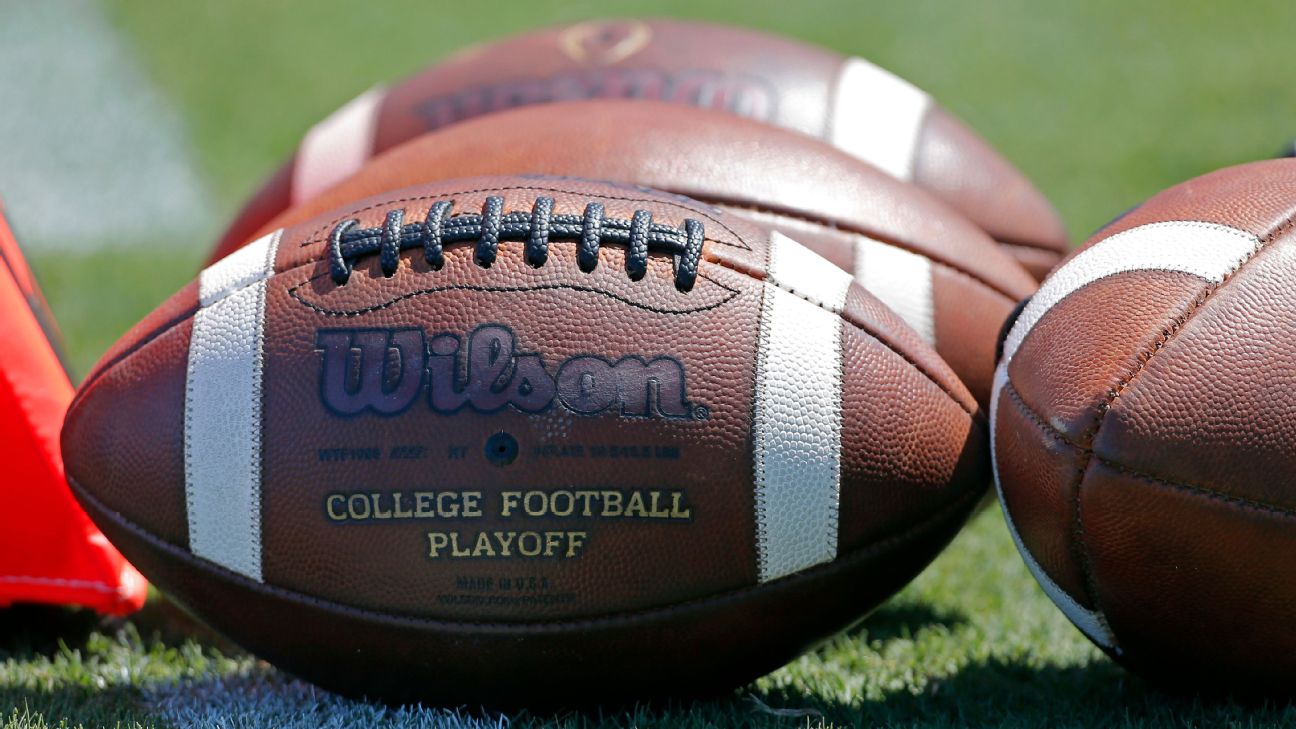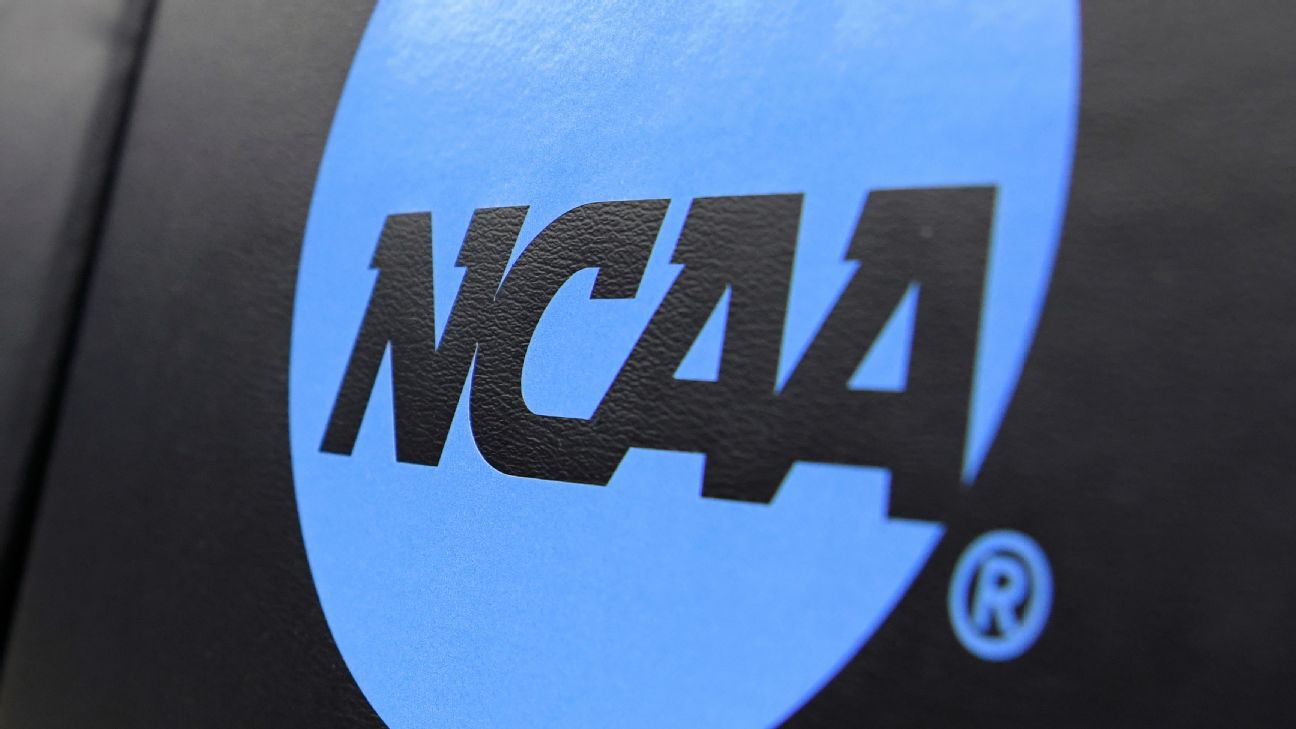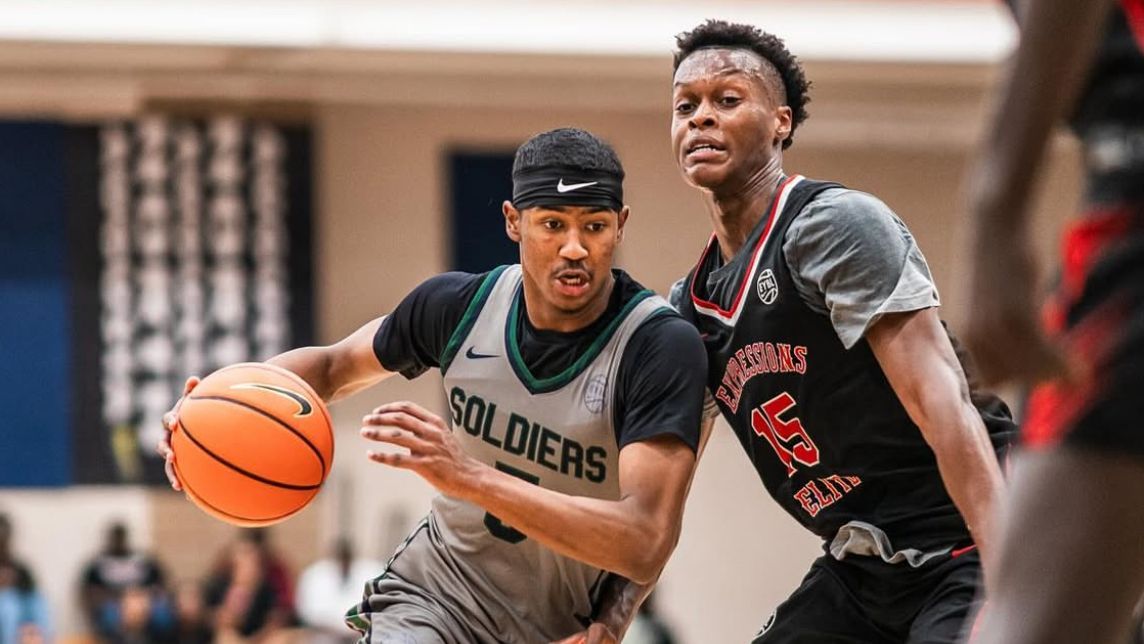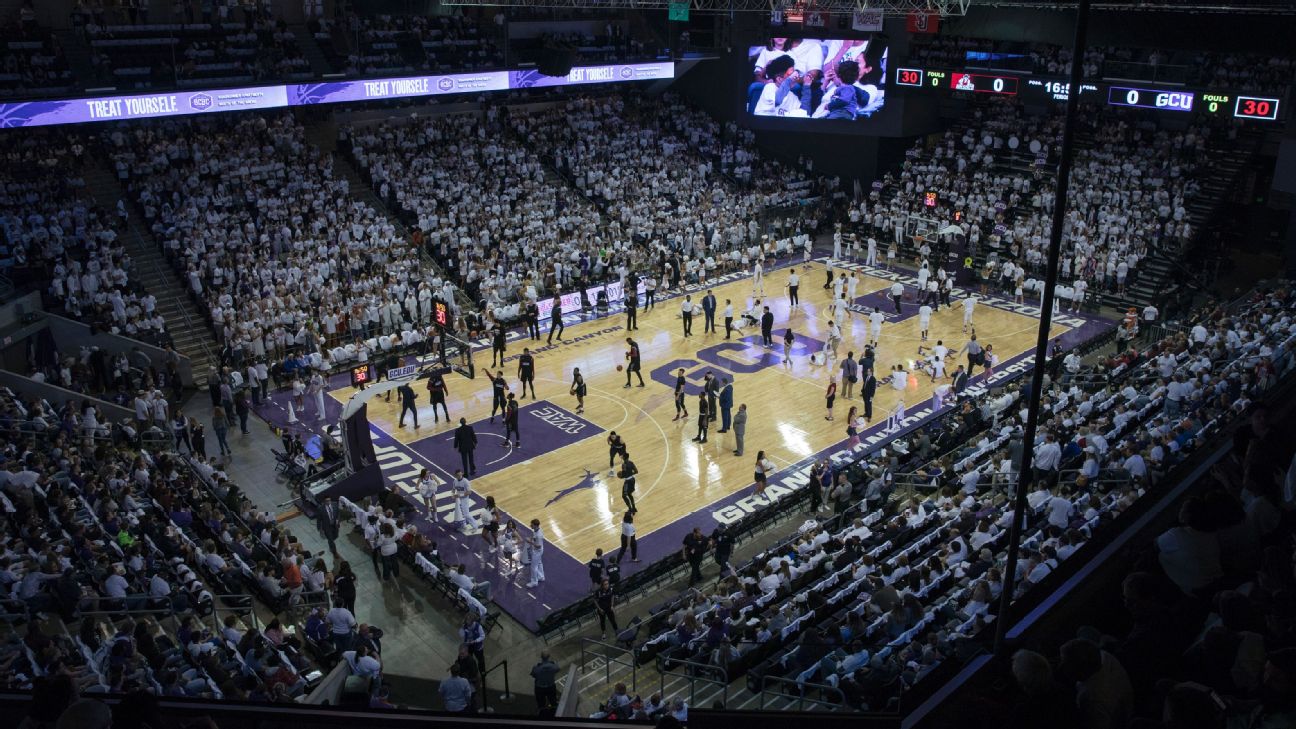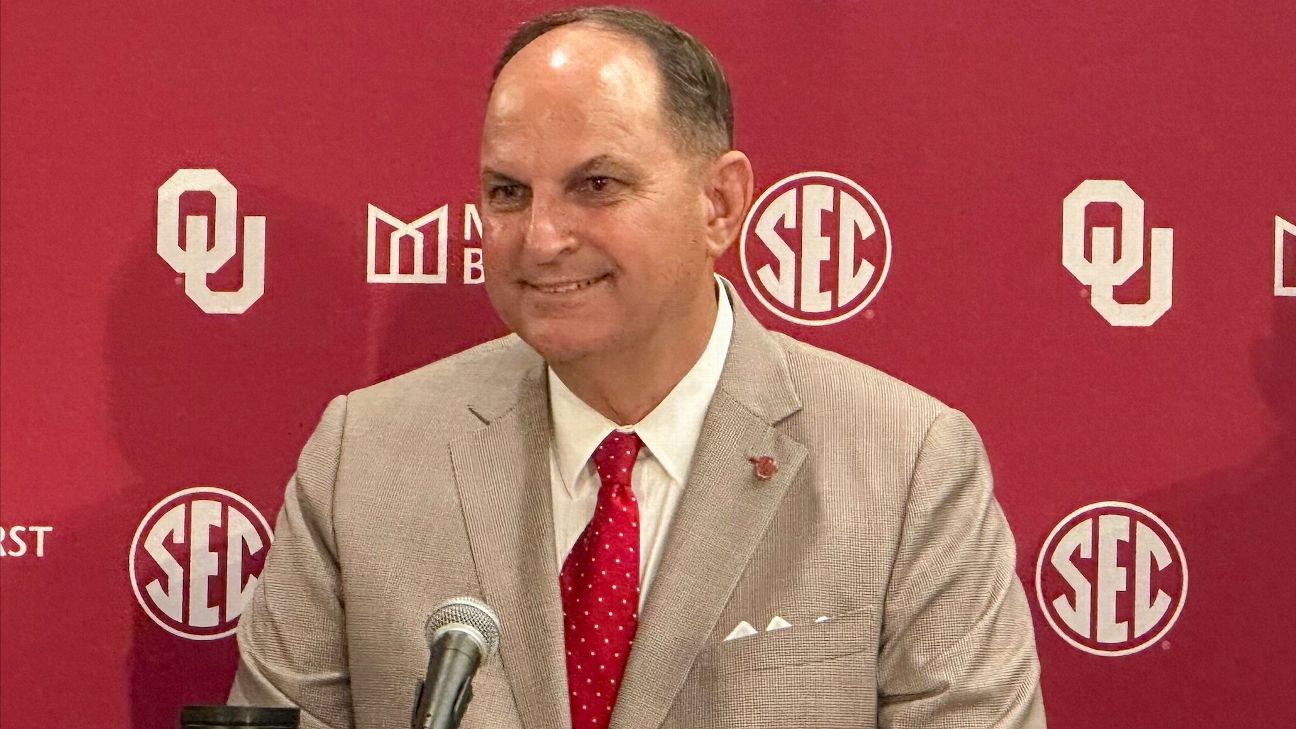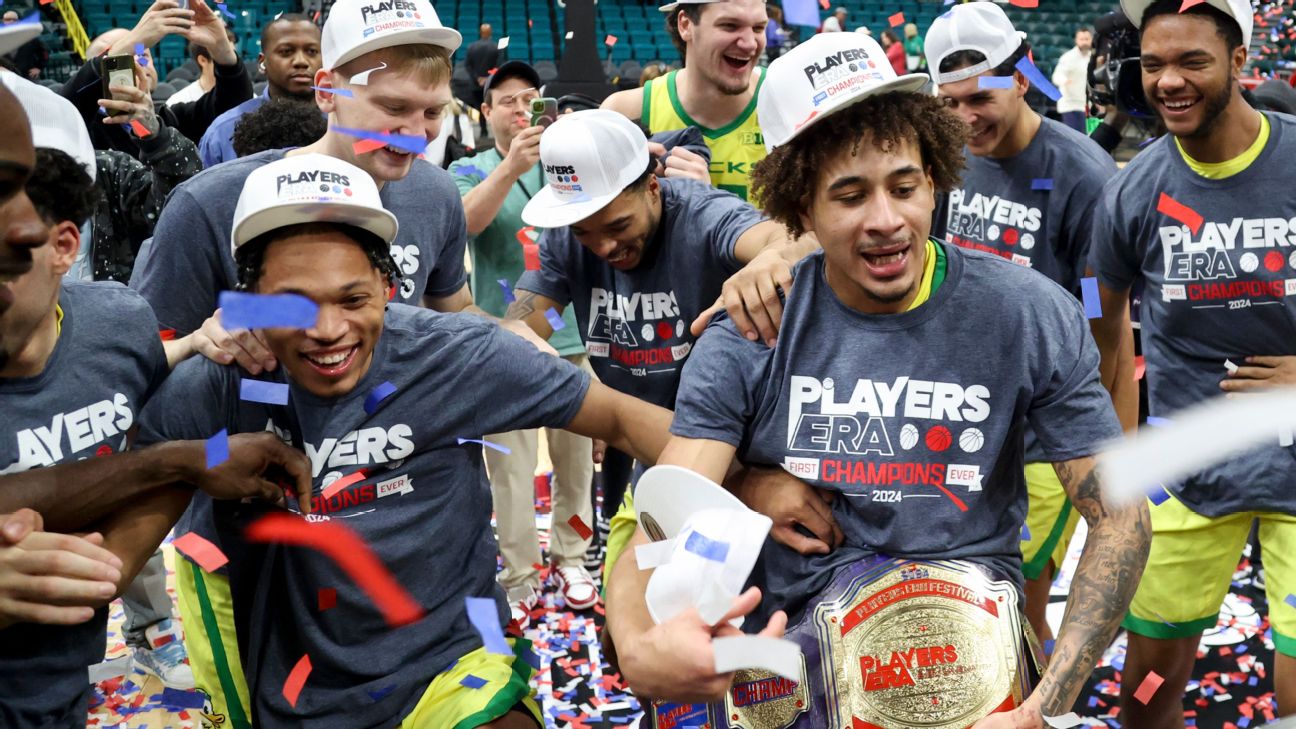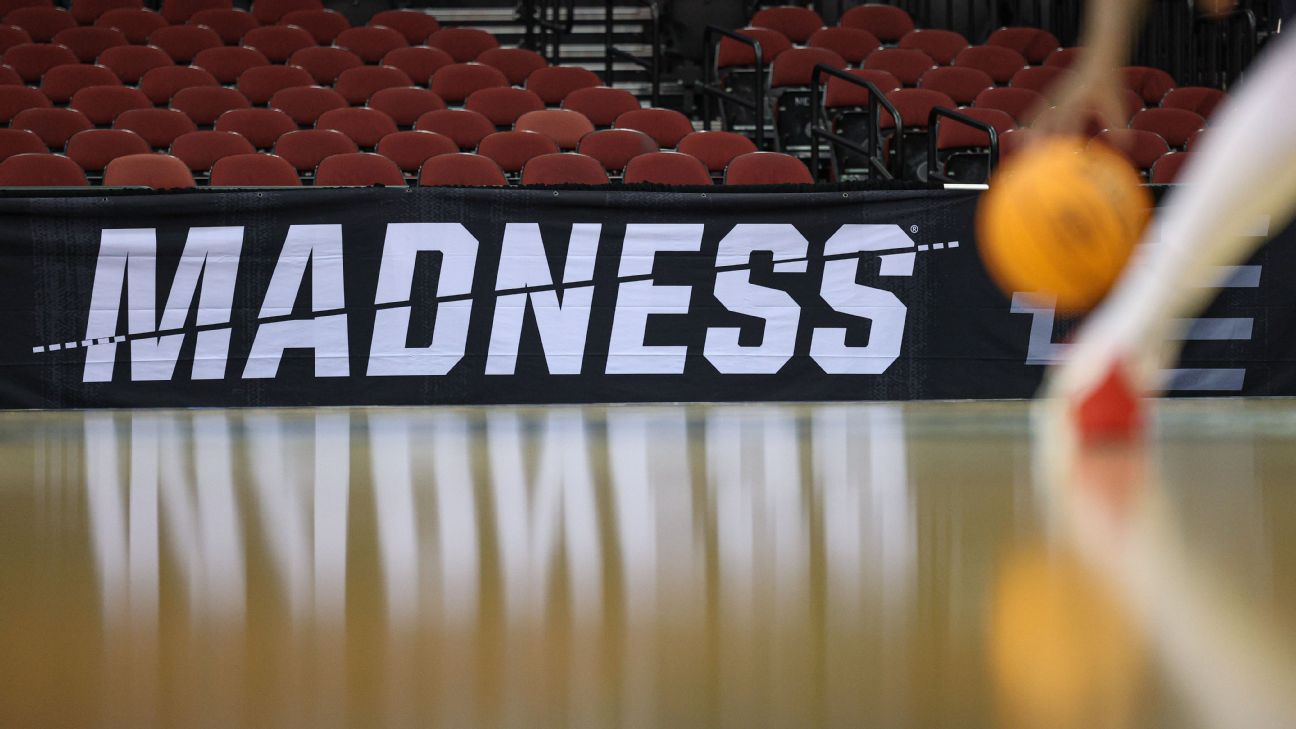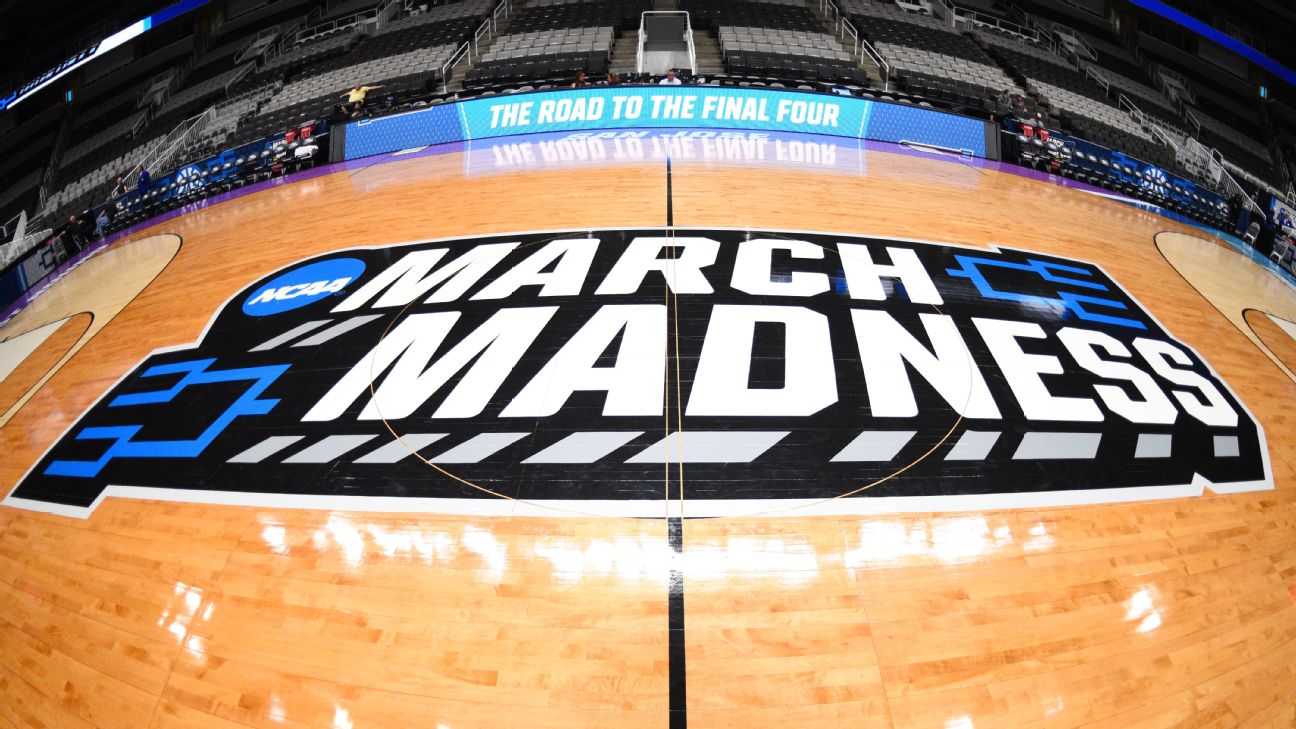NIT Quarterfinal Chaos: How a Staff Lunch Forced North Texas to Hit the Road
A scheduling conflict forced North Texas to play their NIT quarterfinal away from home due to a staff appreciation lunch, sparking backlash.

Unfortunate Scheduling Snafu Strikes North Texas Basketball
The North Texas Mean Green men's basketball team found themselves in an unusual predicament ahead of their NIT quarterfinal clash against Oklahoma State. A staff appreciation lunch—originally scheduled at the UNT Coliseum (Super Pit)—prevented the team from hosting their playoff game at home, forcing them to play on the road.
Why the Mean Green Couldn’t Host
- Venue Conflict: The university had already booked the Super Pit for a staff luncheon, leaving no room for the NIT game.
- No Alternative Options: Athletic director Jared Mosley confirmed that despite efforts, no viable replacement venue was available.
- Television Schedule Uncertainty: The NIT’s flexible broadcast arrangements (Tuesday/Wednesday slots) further complicated planning.
Backlash from Coaches and Fans
Second-year women's basketball coach Jason Burton voiced frustrations, stating, "We gotta get to the point where we block it off... The men should be playing at home." The issue raises questions about priority allocation for postseason play, especially for mid-major programs like North Texas, where the NIT is a key postseason destination.
Historical Precedents
This isn’t the first time an NIT game faced venue conflicts:
- Illinois (2010): Cirque du Soleil took precedence over hosting an NIT game.
- NYU (2025): Division III teams juggled court usage in their tournament.
Overcoming Adversity on the Road
Despite the setback, North Texas triumphed over Oklahoma State in a 61-59 thriller, with Atin Wright leading the charge (15 points). The win keeps their NIT championship hopes alive as they prepare for the semifinals at Hinkle Fieldhouse.
Coaching Change Amid Tournament Run
Sources report that head coach Ross Hodge is set to depart for West Virginia after the NIT concludes, leaving behind a successful legacy despite this bizarre scheduling ordeal.
Will NCAA mid-majors learn from this lesson and prioritize postseason availability moving forward?












